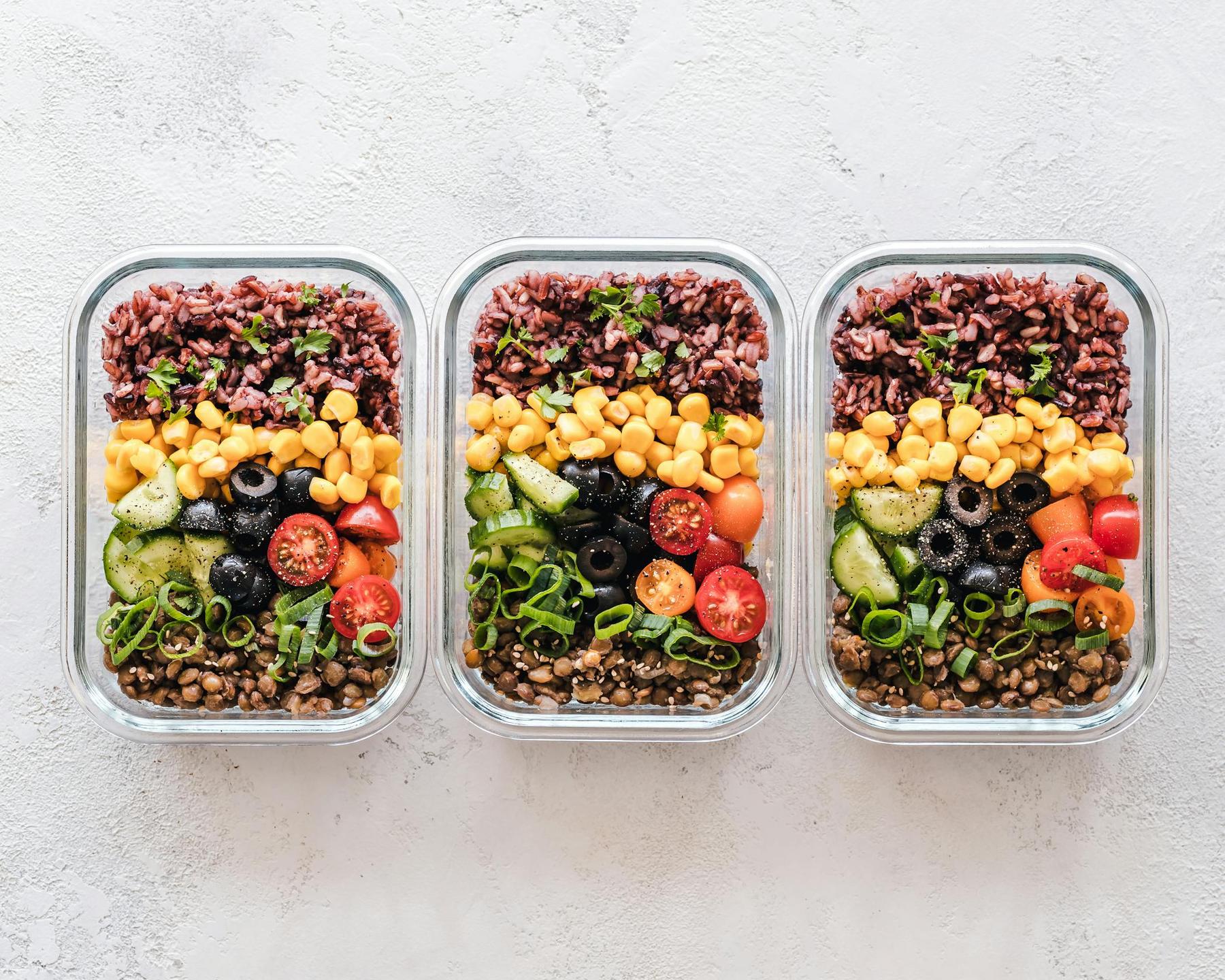In the journey towards sustainable weight management, what happens between your ears matters just as much as what happens on your plate. While many Australians focus exclusively on diet plans and exercise regimens, the latest research reveals that psychological strategies account for up to 80% of ongoing improvements in weight management. The difference between temporary results and ongoing progress often comes down to one critical factor: your mindset.
For those who have experienced the frustration of weight loss attempts that start strong but eventually falter, understanding the brain’s role in this process provides a powerful new perspective. Weight management isn’t merely about willpower—it’s about rewiring your brain’s approach to food, exercise, emotions, and habits.
How Does Your Mindset Impact Weight Loss Success?
The connection between your thoughts and your weight runs deeper than most people realise. When we examine the neurological aspects of weight management, we discover that our brains develop powerful neural pathways through repeated behaviours and thought patterns.
These pathways can either sabotage our efforts or support them. Negative thought patterns like “I’ll never succeed” or “I always fail at diets” create self-fulfilling prophecies that trigger stress responses and often lead to comfort eating. Conversely, developing adaptive thought patterns creates positive feedback loops that reinforce healthy behaviours.
The science of neuroplasticity—your brain’s ability to reorganise itself by forming new neural connections—offers hope. Research shows that targeted cognitive exercises can reshape these pathways:
- Limbic system regulation: Specific techniques can reduce stress in emotion-processing brain regions, helping curb impulsive eating
- Cognitive restructuring: Replacing thoughts like “I lack willpower” with “I’m building resilience daily” has been shown to improve adherence by 47%
This isn’t about positive thinking alone—it’s about systematic mental training that changes how your brain processes food-related decisions, stress responses, and habitual behaviours.
What Science Tells Us About Brain Training for Weight Management?
Emerging research in neuroscience reveals fascinating insights into how our brains can be trained to support weight loss goals. One of the most compelling findings is that clinical trials incorporating neuroplasticity techniques achieve significantly better outcomes than traditional approaches.
The data is striking. Programs that include specific brain training components show an average weight reduction of 20.2% compared to traditional diet-focused approaches that emphasise restriction without addressing mental patterns.
What makes brain training so effective for weight management? Several mechanisms are at play:
- Reduced emotional eating: By developing greater awareness of emotional triggers, participants experience fewer instances of stress-induced overeating
- Improved impulse control: Regular mindfulness practices strengthen the prefrontal cortex, the brain region responsible for decision-making
- Enhanced motivation: Understanding the reward circuits in the brain helps create sustainable motivation systems that don’t rely on willpower alone
These neurological changes don’t happen overnight, but they create the foundation for sustainable weight management that doesn’t require constant struggle.
Which Psychological Strategies Support Sustainable Weight Loss?
Converting research into practical strategies requires focusing on evidence-backed approaches that reshape both thinking patterns and behaviours. Here are key psychological techniques that have demonstrated significant effectiveness:
1. Behaviour-Focused Goal Setting
The way we frame our goals significantly impacts our success. Research shows that outcome-focused goals actually increase dropout rates by 32%, while behaviour-based targets create measurable daily progress.
| Traditional Approach | Neuroplasticity-Aligned Strategy |
|---|---|
| “Lose 20kg” | “Cook 5 home meals weekly” |
| “Avoid junk food” | “Identify 3 craving triggers” |
| “Exercise more” | “Walk 10 minutes after dinner” |
| “Be healthier” | “Sleep 7+ hours each night” |
This shift from outcome to process orientation reduces anxiety and creates achievable daily wins that strengthen neural pathways supporting healthy behaviours.
2. Mindfulness and Emotional Regulation
The connection between emotions and eating is powerful. Implementing mindfulness techniques has been shown to:
- Reduce binge eating episodes by 41% when combined with hunger-cue recognition
- Decrease emotional eating by helping individuals distinguish between physical hunger and emotional needs
- Lower overall stress levels, which reduces cortisol (a hormone linked to abdominal fat storage)
Mindful eating practices—paying full attention to the sensory experience of food without judgment—have proven particularly effective in breaking automatic eating patterns and enhancing satisfaction with smaller portions.
3. Cognitive Restructuring
Our internal dialogue shapes our actions. Cognitive restructuring techniques help identify and challenge unhelpful thoughts that sabotage weight management efforts. For example:
- Recognising catastrophic thinking (“One slip means I’ve failed completely”)
- Challenging black-and-white perspectives (“Either I’m perfect or I’ve failed”)
- Replacing self-defeating thoughts with balanced alternatives
Data shows that 58% of successful weight maintainers regularly use these cognitive behavioural techniques to break stress-eating cycles and maintain healthy habits on an ongoing basis.
How Can You Develop Healthier Habits Through Mindset Shifts?
Achieving ongoing progress requires translating mindset principles into daily practices. Research reveals several practical approaches that yield significant results:
Microhabit Stacking
Rather than attempting dramatic lifestyle overhauls, research supports starting with tiny, manageable changes that gradually build upon each other:
- Add 5-minute walks after meals before attempting ambitious gym routines
- Drink a glass of water before each meal before focusing on complex dietary changes
- Practice three deep breaths before eating to engage mindfulness circuitry
This approach aligns with neuroplasticity principles by creating small wins that strengthen desired neural pathways without overwhelming the brain’s resistance to change.
Environmental Redesign
Your physical environment significantly influences your eating decisions, often below conscious awareness. Evidence-based environmental modifications include:
- Storing snacks in opaque containers (reduces consumption by 33%)
- Using blue plates (associated with reduced appetite in 62% of study subjects)
- Keeping healthy foods at eye level in the refrigerator (increases consumption by 2.7x)
These strategies bypass the need for constant willpower by making healthier choices the path of least resistance.
Progress Tracking Beyond the Scale
How we measure progress profoundly affects our motivation and mental state. Research indicates that tracking weekly non-scale victories (energy levels, sleep quality, mood improvements) maintains motivation during inevitable weight plateaus.
This broader approach to progress keeps focus on overall wellbeing rather than creating an unhealthy obsession with the scale, which can lead to discouragement and abandonment of healthy habits.
Why Is Professional Support Crucial for Weight Loss Mindset Training?
While self-directed mindset training offers benefits, the research is clear: integrated approaches combining medical oversight with psychological support yield substantially better outcomes:
| Metric | Standard Dieting | Medical + Psychological Support |
|---|---|---|
| 12-month weight retention | 18% | 63% |
| Emotional eating reduction | 22% | 71% |
| Program completion rate | 43% | 89% |
These striking differences highlight why comprehensive support systems make such a difference. Professional guidance provides several crucial advantages:
- Personalised approach: Individual assessment identifies specific psychological barriers that generic approaches might miss
- Accountability structures: Monthly telehealth check-ins have been shown to improve adherence by 2.3 times
- Objective perspective: Professionals can recognise patterns and limiting beliefs that remain invisible to the individual
- Evidence-based interventions: Access to clinically-validated techniques rather than trial-and-error approaches
Interestingly, research from CSIRO’s study of 11,000 participants revealed that those reporting low initial motivation still lost 6.5% body weight (versus 5.8% average) when participating in structured programs with professional support. This suggests that action and support often drive psychological change—beginning any structured program may catalyse the mental shifts necessary for success.
The Integration of Mind and Body in Weight Management
Sustainable weight management emerges from the synergy between psychological strategies and physiological approaches. When medical weight management is combined with mindset training, the results consistently outperform either approach used in isolation.
This integrated perspective recognises that:
- Biological factors influence thought patterns and emotional responses
- Psychological states impact hormone regulation and metabolism
- Behavioural changes require both physical and mental adjustments
By addressing both the physical and psychological aspects of weight management simultaneously, individuals can overcome the frustrating cycle of short-term results followed by regain.
The most encouraging aspect of this research is that neuroplasticity continues throughout life. Your brain’s capacity to form new neural pathways means that regardless of past struggles with weight management, developing a supportive mindset remains possible at any age.
How long does it take to develop a weight loss mindset?
Research indicates that significant mindset shifts typically begin within 2-4 weeks of consistent practice, though forming stable neural pathways for automatic habits usually requires about 66 days on average. The timeframe can vary based on individual habits, consistency, and inherent neuroplasticity.
Can mindset training alone lead to significant weight loss?
While mindset training establishes the essential foundation for sustainable weight management, studies show that it produces modest weight reductions (around 3-7%) when used alone. However, when combined with nutritional guidance and medical support, results can dramatically improve to 15-20% or more.
What are the most common mental barriers to weight loss?
Common mental barriers include all-or-nothing thinking, emotional eating patterns, unrealistic expectations regarding progress, difficulty recognising hunger and fullness cues, and social pressures. Addressing these barriers through cognitive restructuring techniques can significantly improve outcomes.
How do I maintain motivation during weight loss plateaus?
Maintaining motivation during plateaus can be achieved by shifting focus to non-scale victories such as improved energy, better sleep, or mood enhancements, emphasizing habit consistency, reviewing progress since the start, and making small routine adjustments. Incorporating multiple strategies increases the likelihood of overcoming plateaus.
Should I consider medical weight management if I struggle with mindset issues?
Research suggests that individuals facing persistent mindset challenges may benefit greatly from comprehensive medical weight management programs. These programs integrate psychological support with nutritional and physiological strategies, often resulting in significantly higher success rates.



